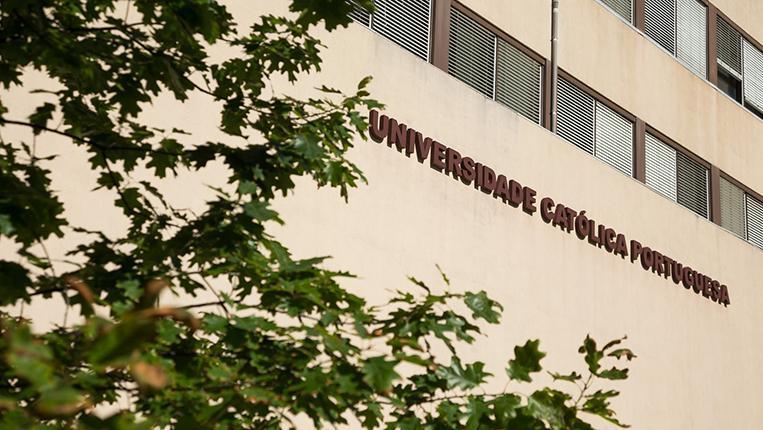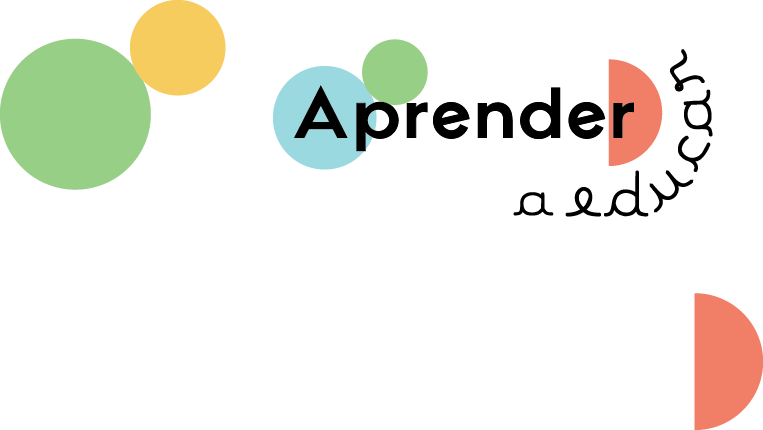A review article, with Cristiana Vale Pires from the Faculty of Education and Psychology at the Universidade Católica Portuguesa (FEP-UCP) as the first author, sheds light on a little-explored chapter of LGBTQ+ history in Portugal: queer nightlife in Lisbon.
The article, titled "A century of queerness after dark: A socio-historical review of lesbian, gay, bisexual, transgender and queer nights in Lisbon (1920-2020)” reveals the importance of nightlife environments in creating communities, promoting sociability and establishing patterns of drug use among LGBTQ+ people over the course of a hundred years (1920-2020).
The work was carried out as part of the celebrations for the 40th anniversary of the decriminalisation of homosexuality in Portugal (2022) and aimed to fill a gap in the history of LGBTQ+ people in our country. According to the Professor: "There is little information on how nightlife environments have contributed to the creation of communities, patterns of drug use, and identity expression of this population in Lisbon.”
Nightlife as a safe haven for LGBTQ+ people
The study presents a detailed historical trajectory of LGBTQ+ people in Lisbon over the course of a hundred years, showing that nightlife spaces have provided a safe haven and an environment of community belonging. In these spaces, LGBTQ+ people were able to freely explore their gender identity and expression without being subject to the marginalization, oppression, and violence they experienced during the day.
“This also led to the creation of specific leisure and drug consumption subcultures within the LGBTQ+ community," says the researcher from the Research Centre for Human Development (CEDH). The polyconsumption of alcohol, cannabis, cocaine, and MDMA has been widely used 'as technologies of the self' for sexual and gender liberation.
For the FEP-UCP lecturer, this socio-historical review is crucial to understanding the cultural tensions, stereotypes and social representations associated with LGBTQ+ people. The article also examines how the nightlife venues frequented by this community have changed over the century, and how they have been affected by public policies, pandemics, technological innovations and processes of urban transformation.
The study makes a significant contribution to the knowledge of LGBTQ+ history in Portugal and to the understanding of the social and cultural dynamics that have shaped the lives of queer people throughout the 20th and early 21st centuries. By highlighting the importance of night-time leisure spaces, the research opens up new perspectives for future research and the creation of more inclusive and equitable public policies.
In addition to Cristiana Vale Pires, Manuel Garcia-Ruiz (Instituto Universitário de Lisboa), Filipe Couto Gomes (Kosmicare Association) and Jordi Nofre (Universidade Nova de Lisboa) contributed to the article.



